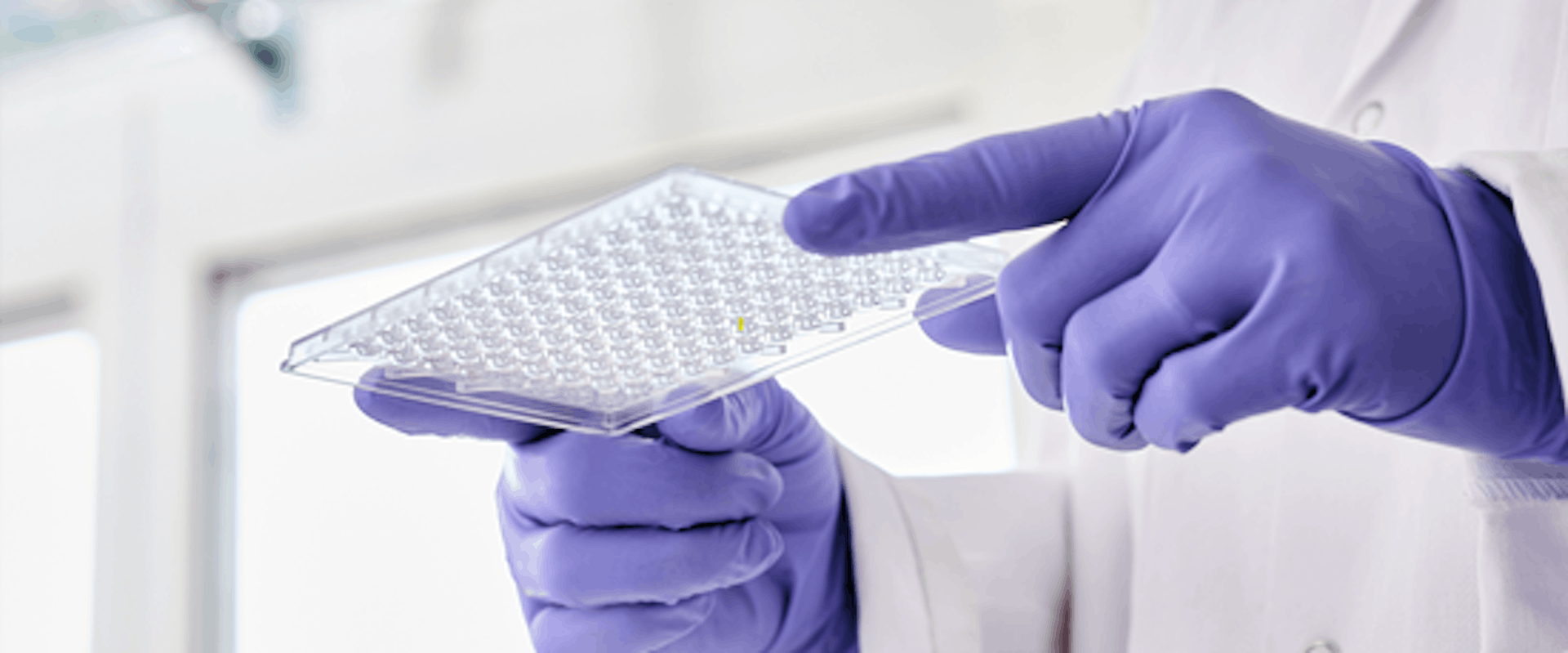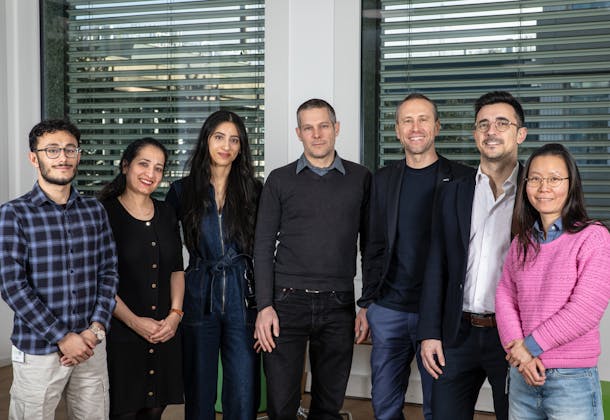August 24, 2021
Innovative testing system speeds the development of antiparasitic drugs
INVENesis, a Neuchâtel-based biotech firm founded by former Novartis employees, teamed up with INRAE and CSEM to develop a novel testing system for developing antiparasitic treatments. The research was funded in part by the Canton of Neuchâtel and Innosuisse. Several leading animal-health businesses have already expressed an interest in the technology. The new invention comes at a critical time, since a growing number of parasites are becoming resistant to existing drugs.



